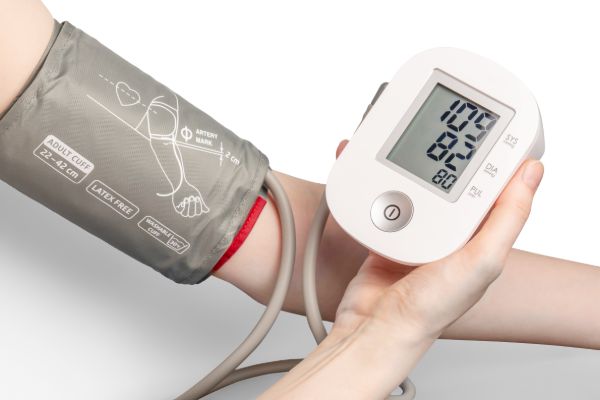Pittsburgh, Pennsylvania – Pharmacists enforce stronger, chronic medication adherence among patients.
Community pharmacists implement an improved, chronic medication adherence, intervening with patients in a nationally scalable perspective. Patients with chronic conditions need urgent care, who oftentimes struggle with maintaining their prescription routines continuously. The research data was published in Health Affairs.
Janice L. Pringle, co-author of the study and her colleagues stated in their research work that medication therapy management has been renowned as the best systematic patient intervention enforced by community pharmacists. Urgent care clinics could also enforce such intervention. However, medication therapy management mainly focuses on clinically complex patients who are at high risks of non-adherence. In fact, it was generally ineffective in boosting medication adherence within the general patient population.
 Pringle emphasized that in order for interventions to be effective, it should reach patients who are in a wider range of non-adherence risk levels. Effective interventions are essential in boosting the entire population adherence rates.
Pringle emphasized that in order for interventions to be effective, it should reach patients who are in a wider range of non-adherence risk levels. Effective interventions are essential in boosting the entire population adherence rates.
Pringle, along with colleagues believe that community pharmacies should offer effective interventions because 71% of patients receive medication from their community pharmacists. The team evaluated the effectiveness of medication therapy management through a broad risk satisfaction model pus a pharmacist-provided intervention technique. They also evaluated the impact on the patients’ chronic medication adherence involving five common drug classes and the overall health care spending.
The Pennsylvania Project was implemented, a large scale demonstration research. The study involved 283 pharmacists who the researchers trained. It also involved a survey on patients to quickly learn of their prescribed medications. Brief discussions with the patients were likewise conducted, indicating poor adherence risk.
Overall, the study included two groups, one with pharmacists who employed intervention, while the other group did not. After the 330 days of screenings and surveys, the researchers found out that medication adherence rates indicated improvement with the intervention group. The findings were considered as an urgent care near me relief among the researchers.
With effective interventions, people will always take their prescribed medications. If chronic diseases will be eliminated or reduced, everything can be managed and normalized such as blood pressure and cholesterol levels. Patients with chronic illness would not visit an urgent care clinic every now and then, just to monitor their conditions.
Co-author of the study, Jesse McCullough noted that a stronger and improved chronic medication adherence and employment of interventions by community pharmacists would equally improve pharmacists, enhance the overall health of community members, while reducing health care costs all at the same time.
